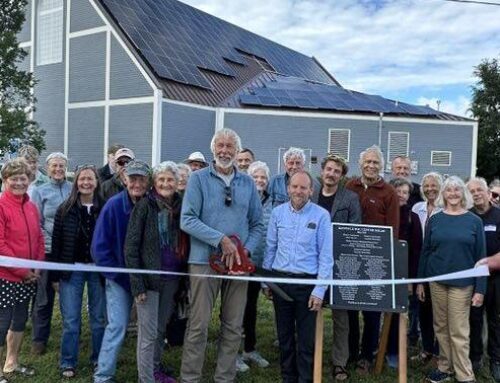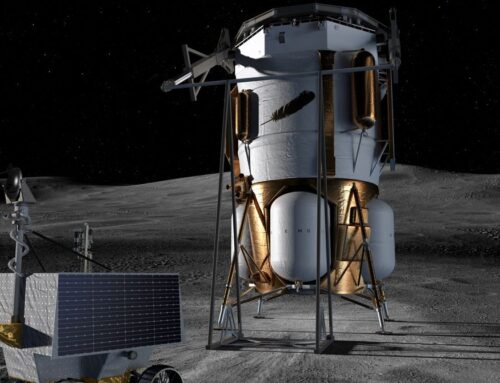OpenAI’s New Video Tool Features User-Generated ‘South Park,’ ‘Dune’ Scenes. Will Studios
October 1, 2025
The new version of OpenAI‘s video generator allows users to create content featuring intellectual property owned by studios across Hollywood, an aggressive escalation of the company’s encroachment onto the entertainment industry.
Sora returns copyrighted characters and materials from major TV shows and movies, including Rick and Morty, South Park and Dune. OpenAI expected users to generate videos of studio-owned intellectual property, though it blocks content that uses the likenesses of actors and other recognizable faces, according to the company. Copyright owners must opt out of having their content appear. Talks are underway.
Varun Shetty, OpenAI’s head of media partnerships, said the company is “working with rights holders to understand their preferences for how their content appears across our ecosystem.” He added, “People are eager to engage with their family and friends through their own imaginations, as well as stories, characters, and worlds they love, and we see new opportunities for creators to deepen their connection with the fans.”
The opt-out process escalates the company’s cavalier approach to intellectual property rights, potentially setting up a legal battle between Hollywood’s biggest studios and the AI start-up. It’s part of a larger shift relating to the erosion of the protections that copyright owners typically wield over their works.
The materials upon which OpenAI teaches its system is a black box. It said that Sora 2 is trained on “diverse datasets,” including information that the company partnered with third parties to access and is “publicly available on the internet.”
The videos suggest that OpenAI trained its technology on movies and TV shows, according to legal experts. Studios and production companies have grounds to sue, they say.
OpenAI is “turning copyright on its head,” says Rob Rosenberg, former Showtime Networks executive vp and general counsel. “They’re setting up this false bargain where they can do this unless you opt out. And if you don’t, it’s your fault. That’s not the way the law works.”
Asked about OpenAI’s use of movies and TV shows without a license, Ed Klaris, an intellectual property lawyer and professor at Columbia Law School, says “It’s really contrary to what copyright is meant to protect.”
For years, AI companies have been training their technology on data scraped across the internet without compensating creators. It’s led to lawsuits from authors, record labels, news organizations, artists and studios, which contend that some AI tools erode demand for their content. Earlier this year, Disney, Warner Bros. Discovery and Universal sued Midjourney, which has millions of registered users, for allowing users to produce images and videos of iconic copyrighted characters, much in the same way OpenAI now does.
Unlike the prior version of Sora, the video generator returns videos that feature recognizable movies, TV shows and games, including Bob’s Burgers, SpongeBob SquarePants, Gravity Falls, Pokémon, Grand Theft Auto and Red Dead Redemption, among various others.
When prompted with “Rick and Morty universe, characters talking about OpenAI,” Sora returns a video in the animation style of the show. “Morty, check it out,” Rick says in the video in a voice identical to voice actor Ian Cardoni, who plays the character. “OpenAI dropped a new model so I wired it into a quantum subcluster and gave it my personality — well the usable parts.”
“They know what they’re doing,” Rosenberg says of OpenAI’s pivot in handling copyrighted materials on Sora. “They know this kind of output will enrage the studios and copyright holders.”
Videos of live action content is limited, possibly because OpenAI is taking a more cautious approach to likenesses.
Still, some recognizable faces, like Will Smith and Jake Paul, can be seen in some videos. It’s unknown whether they opted in to allowing users to generate content of them.
There’s skepticism around whether actors will give permission. In one of the most liked videos on the platform, OpenAI CEO Sam Altman can be seen on fake CCTV footage stealing from Target.
OpenAI and other tech companies have been lobbying the Trump administration to clarify that using copyrighted material to train AI models is fair use, the legal doctrine that allows use of intellectual property in some instances without a license. Earlier this year, courts sided with Anthropic and Meta in separate cases initiated by authors, finding that the companies are on solid legal ground with respect to training. Still, they concluded that liability could flow from the AI firms downloading and copying pirated books for its training library.
Search
RECENT PRESS RELEASES
Related Post




